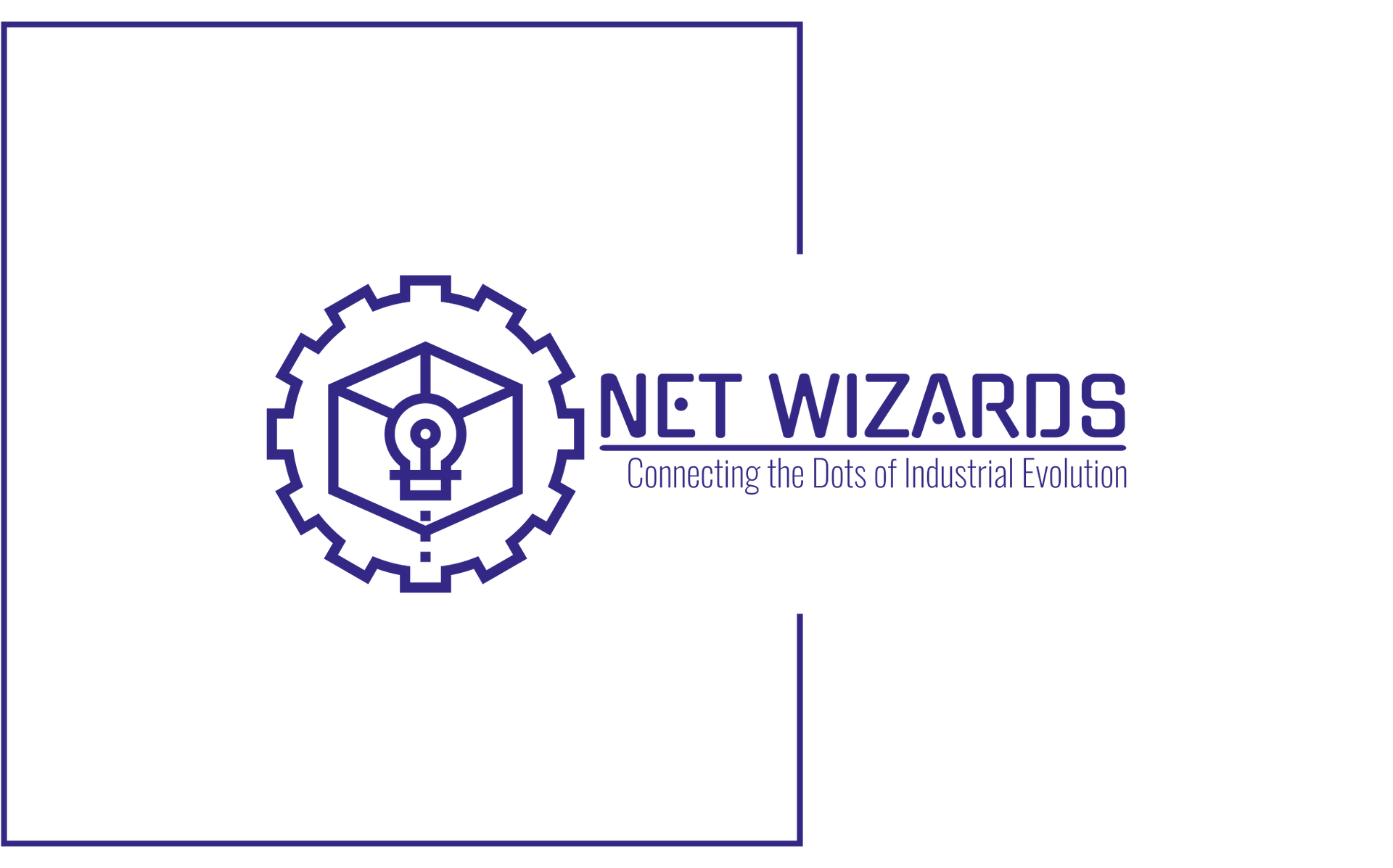Cloud Computing
Industry 4.0 represents the fourth industrial revolution, characterized by the integration of digital technologies, automation, data analytics, and connectivity within the manufacturing ecosystem. Cloud computing plays a pivotal role in driving this transformation, offering a scalable and flexible infrastructure to support the advanced applications and systems of Industry 4.0.
Cloud Computing
We work with you to come up with the very best solutions for your challenges!
01
Data Analytics & Processing:
Harnessing vast amounts of data generated by connected devices and sensors in real-time. This data can be processed and analyzed in the cloud, enabling manufacturers to gain actionable insights, optimize operations, and forecast trends.
02
IoT Integration:
Cloud platforms seamlessly integrate with IoT devices, allowing for real-time monitoring, data collection, and device management. This connectivity forms the backbone of smart factories.
03
Supply Chain Optimization:
Leveraging the cloud to integrate and optimize the entire supply chain. Real-time tracking, demand forecasting, and inventory management become more efficient and transparent.
04
Machine Learning & AI:
Utilizing cloud resources to train machine learning models that can predict equipment failures, optimize production quality, and even automate complex tasks.
05
Virtualization & Digital Twins:
Creating digital replicas of physical assets in the cloud. These digital twins can be used for simulation, testing, and optimization without affecting the actual production environment.
06
Collaborative Robotics (Cobots):
Cloud platforms facilitate the integration and management of robots that work alongside humans. Updates, task assignments, and performance metrics can be managed remotely via the cloud.
07
Customized Production:
Using cloud-driven data analytics to tailor production processes to create customized products in real-time based on demand.
08
Cybersecurity:
Protecting the vast interconnected networks of Industry 4.0 from cyber threats. Cloud providers offer advanced security protocols, monitoring tools, and regular updates to ensure data integrity and system safety.
09
Remote Monitoring & Maintenance:
Leveraging the cloud to monitor equipment and systems from anywhere in the world. Maintenance can be predictive, with issues being identified and rectified before they escalate.
10
Integration with Business Systems:
The cloud enables the integration of manufacturing systems with other business systems like ERP, CRM, and SCM, ensuring smooth information flow and decision-making.



